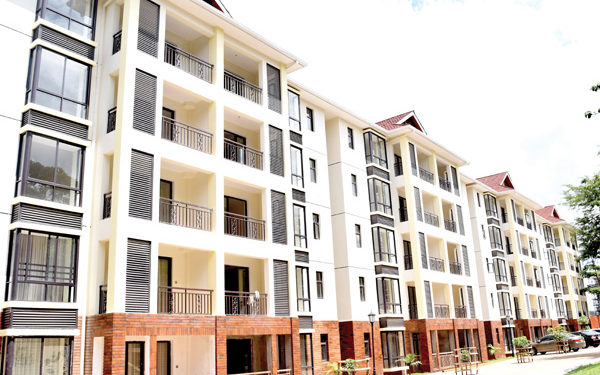Affordable housing has taken on critical importance in Africa as rapid urbanization strains resources and exacerbates housing shortages.
Despite efforts by private developers, many newly built houses remain unaffordable for a significant portion of Africans, as highlighted by the Center for Affordable Housing Finance Africa (CAHF).
This underscores the pressing need for innovative solutions to bridge the affordability gap. Technology emerges as a powerful catalyst in transforming the affordable housing sector by addressing key bottlenecks and facilitating transformative change.
Inadequate surveying and land tenure systems present significant challenges to housing development across Africa.
However, technological interventions such as orthophotography, AI-supported land surveying, and drone mapping are proving instrumental in overcoming these obstacles. For example, in South Africa and Rwanda, AI land surveying and drone mapping techniques are utilized to survey informal settlements, thereby improving land tenure and urban planning.
Moreover, the adoption of locally sourced green building materials offers a solution to the dependency on imported materials and the environmental impact of traditional housing.
Leading companies like Easy Housing, Hydraform, Moladi, and Build Kubik are spearheading the promotion of eco-friendly building solutions, contributing to sustainable development and reducing carbon emissions.
The construction process is undergoing a revolution through technological advancements such as 3D printing, Building Information Modelling (BIM), and modular construction techniques.
These alternatives provide faster, more efficient methods compared to traditional approaches, addressing the issue of time-consuming construction while ensuring higher-quality outcomes.
While technology holds immense promise, its successful implementation requires a multifaceted approach. Collaboration among governments, private sector entities, and local communities is essential to ensure scalability and sustainability.
Additionally, investments in digital infrastructure, capacity building, and regulatory frameworks are crucial to support the widespread adoption of technology in the affordable housing sector.
The role of technology in delivering affordable housing in Africa is paramount. From innovative land surveying techniques to eco-friendly building materials and advanced construction methods, technology offers a pathway to a more inclusive and sustainable future.
By harnessing these technological solutions and fostering collaboration across sectors, we can unlock the full potential of affordable housing, empowering communities and driving economic development across the continent.

















